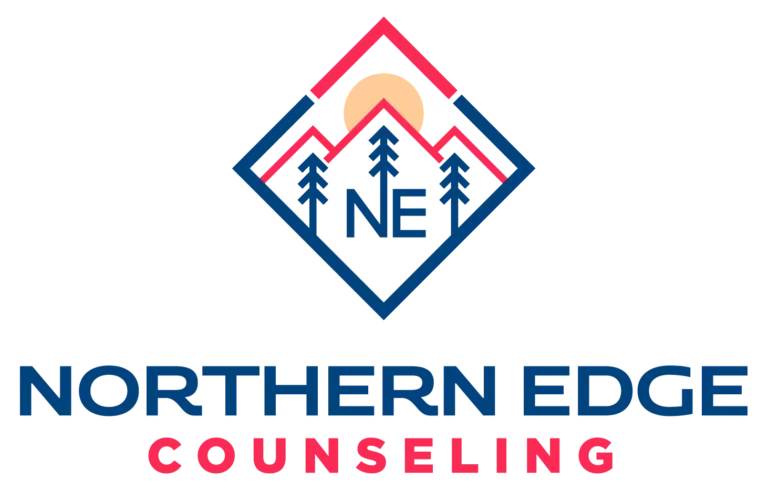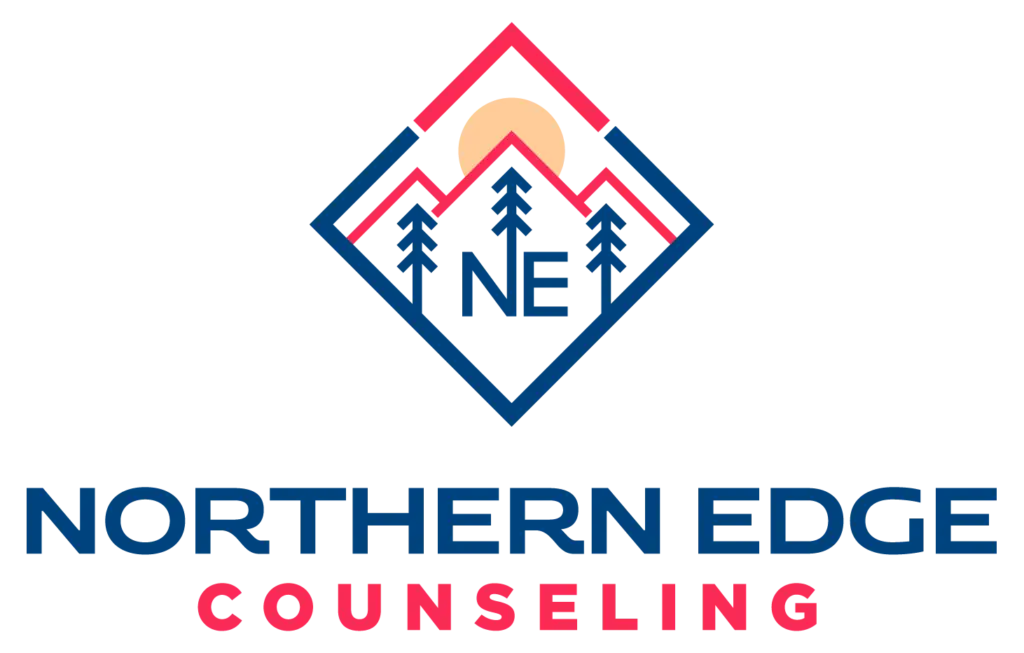The United States currently recognizes over 200 different mental health diagnoses, and the odds of holding one of those diagnoses are staggering. Right now, more than 1 out of every 5 adults live with a mental health diagnosis in the United States, and this number keeps growing. Mental health diagnoses serve as a professional shorthand to describe symptoms and experiences people face, but what drawbacks do diagnoses come with?
The Importance of Clues
Diagnoses can provide valuable clues about the underlying causes of someone’s experiences. As an example, a depression diagnosis could point to:
- A history of trauma that they have previously endured or are facing currently
- Suppression of parts of themself necessary for survival
- Physiological imbalances within the body (such as brain chemistry imbalances, inflammation, or thyroid dysfunction)
Although this list isn’t all-inclusive, it does give the healing professionals in the room a place to start treatment. The clues that diagnoses provide can give direction on what types of treatment are helpful or unhelpful, and can cut down the time a person waits before receiving effective treatment. Diagnoses also communicate the severity of someone’s experience, and open doors to services/support that weren’t in reach prior.
Understanding the Limitations
Diagnoses are helpful in some cases, but it’s crucial to recognize their limitations. While based in scientific research and expertise, diagnoses don’t encompass the dynamic nature of humanity. All of the stories, events, feelings, thoughts, lessons learned, etc., that make up who we are, are far from being encapsulated in any diagnosis that’s given. Because of this, to count on diagnostics to be the end-all-be-all for treatment is a real misstep.
Diagnoses are shorthand… and what we experience is anything but.
Diagnoses don’t and can’t capture the nuances of what we experience. They don’t keep up with how we grow and develop in our cultures, families, careers, or environment. And when we overlook how dynamic we truly are, we are often left with empty promises of healing.
Sustainable change
“When you tell a person that they’re sick and ignore the larger context in which their symptoms make sense, not only do you miss leverage points that could lead to transformation, but also produce a passive patient that feels defective.”
-Richard Schwartz, PhD, No Bad Parts
The risk that’s run with diagnostic work is that it throws out the leverage points that make transformation possible. We lose depth of our experiences, which is the very information needed to create change for ourselves. To create sustainable change; worthwhile change.
Let’s illustrate this with a few examples:
Say you sought therapy to finally tee off the nagging anxiety you’ve been experiencing. In your first session, you reviewed your symptoms and were given a diagnosis of ‘Generalized Anxiety Disorder’. The session ends. Your next few session center around testing some tools to combat the anxiety you experience. Your anxiety continues in your day-to-day life, but at least now you can get yourself through it when it shows up.
Now, say you came in and didn’t spend your time searching for a diagnosis and how to fight it. Instead, you pull your anxiety in close to take a hard look at it. You dive into the depths of when it shows up, what it truly feels like, what it’s trying to help you with when it does show up; you leave no stone unturned in attempting to understand this part of yourself. With all of that knowledge you’ve amassed, you develop specific ways to heal what lies under the anxiety. This results in the anxiety being relieved, rather than combatted.
A Holistic Approach
Diagnoses can provide language to communicate our experiences, and can be life affirming for some. And while diagnoses serve as useful shorthand, they can’t capture the dynamic nature of who we are. Through embracing the complexity of what we experience, transformation can be guided through working with your system rather than fighting against it. By moving beyond the labels and taking the time to explore our stories, emotions, and lessons learned, we open the door to sustainable change. And I’m here for it.
If you’re ready to move beyond diagnosis and into healing, use the button below to schedule your free pre-consultation.






